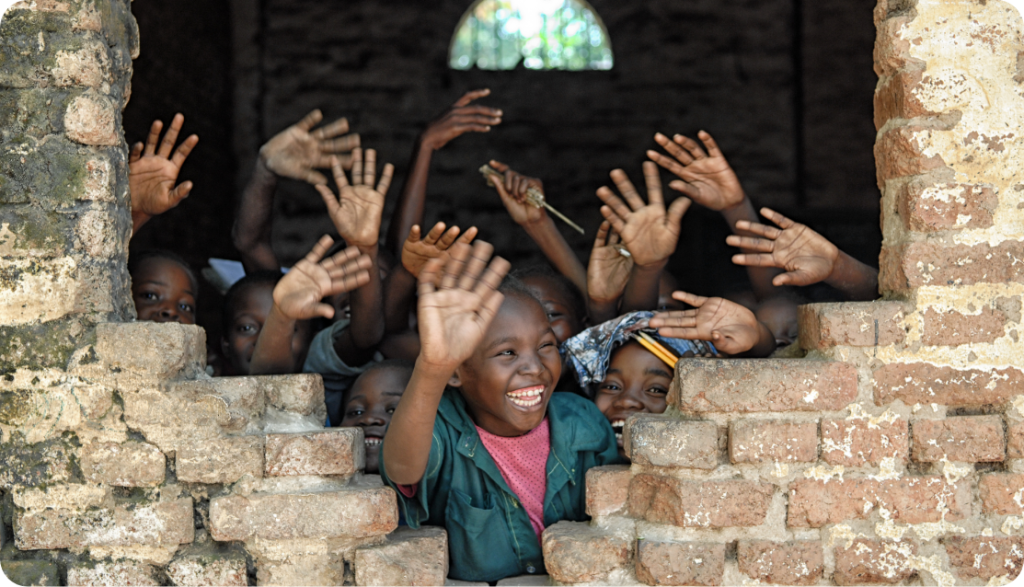Restitution Impact Limited (“Restitution”) is a non-profit ‘company limited by guarantee’ – a nonprofit – that works with emerging, democratically elected and transparency-focused governments in the development and execution of claims vis-à-vis complex fraud, breach of contract and related against bad actors, and the recovery and restitution of assets and illicit financial flows lost to grand corruption.
Restitution works in close partnership with governments, other international partners (e.g. development finance institutions and intergovernmental and international organisations), and others to identify, quantify, develop and realise claims and seek judgements for the benefit of countries who are victims of corruption. At the same time, we work side-by-side with government officials, civil service and civil society to equip them to support, engage in and eventually undertake this highly complex work.
After undertaking thorough investigations using the latest cutting-edge techniques, Restitution develops litigation strategies and oversees complex multijurisdictional litigation to win judgements and/or drive settlements against these wrongdoers in an effort to bring funds back for use to fund countries’ own national development priorities. It is Restitution’s belief that human development can be ultimately advanced through these measures.
In some cases, funds can begin to be restituted only a few years after a country partners with Restitution. Thus, countries can quickly benefit from early advances towards discernable positive development impacts.
Restitution believes that the contribution of commercial capital is essential to the success of our vision and mission and the change we wish to deliver. Restitution brings together impact and sustainability-focused private capital with similarly minded governments, donors and other providers of concessionary capital to maximize the chances of success of our shared vision and mission.
OUR MISSION
Our Mission is to support, work side-by-side with, and act on behalf of countries towards the recovery and restitution of their assets and wealth lost to grand corruption and other wrongdoing by deploying an end-to-end solution that brings together highly skilled and expert practitioners for purpose.
OUR VISION
Our Vision is of a world where:
- Governments can, through speedy and effective civil litigation, recover their assets lost to, or receive compensation for the harms suffered by them from, fraud, breach of contract, theft, grand corruption and IFFs;
- Where international corporations and adviser enablers are held responsible – including financially – for corrupt acts; and
- Where corruption is mitigated and curtailed dramatically, thereby enabling countries to receive the resources necessary, on behalf of their peoples, to enable and support holistic national, economic, social and human-centred development, while deterring future corruption.
Our Goals
Goal 1
Goal 2
Goal 3
Countries receive and benefit from holistic end-to-end investigations, litigation strategy formulation, capacity enhancement and structured restitution support that is both speedy and practical.
Strategies
- Proactive outreach to countries in need with a clear focus on those that are democratically elected, reform-minded and anti-corruption focused;
- Cooperation with countries who wish and are able to receive support, including a run-through of their options for reversing IFFs lost to grand corruption, including complex fraud (including bon tax and royalty payments), breach of contract, etc.;
- Development of claims and litigation strategies tailored to recover assets and monies as a result of successful judgements against and settlements with international corporations and adviser enablers;
- Engagement with litigation teams;
- Critical support, strategic advice and guidance from by leading expert practitioners throughout the process;
- Strategic communications using the most cutting-edge approaches and techniques that leverage traditional and social media to reach the ‘courts of public opinion’, et al.; and
- Interacting with ministries, departments and agencies (MDAs) on transparent and accountable restitutions of monies and assets.
Countries develop strengthened capacity and resilience to support and manage investigations and civil litigation in courts themselves as another tool in their toolkit to reverse IFFs.
Strategies
- Needs-based capacity enhancement and development of government MDAs, including justice and finance ministries, offices of attorneys-general, anti-corruption commissions, financial intelligence units, central banks, etc.;
- Needs-based capacity enhancement and development of civil society, including anticorruption activists, human rights defenders, whistleblowers, journalists, independent local lawyers practicing in affected countries, etc.;
- Continuous development of our relations with the most knowledgeable and experienced investigators, law firms (litigators and other specialist lawyers) and others, as necessary, to work on pro bono bases to provide cutting-edge learnings and skills-building to MDAs and civil society, both together and apart.
Stronger legal frameworks and practices are developed to support countries in recovering their assets lost to grand corruption and reversing IFFs.
Strategies
- Targeted, strategic and, in some instances, emblematic cases litigated with the cooperation and collaboration of RIL;
- Broaden, deepen and strengthen our understanding of all relevant jurisdictions with venue, while expanding the jurisprudence of these jurisdictions;
- Broaden and strengthen our outreach, advocacy and engagement at the national, regional and international levels with donor governments, intergovernmental organisations, international NGOs, and other relevant stakeholders vis-à-vis complex multijurisdictional civil enforcement claims;
- Develop a focused communications strategy with countries, MDAs, civil society and other stakeholders as the main audiences;
- Build alliances and develop partnerships alongside MDAs and civil society;
- Build on advocacy work for and with the corporate accountability (including adviser enablers) and business and human rights community; and
- Undertake and utilise future research and learnings as a deliberate
